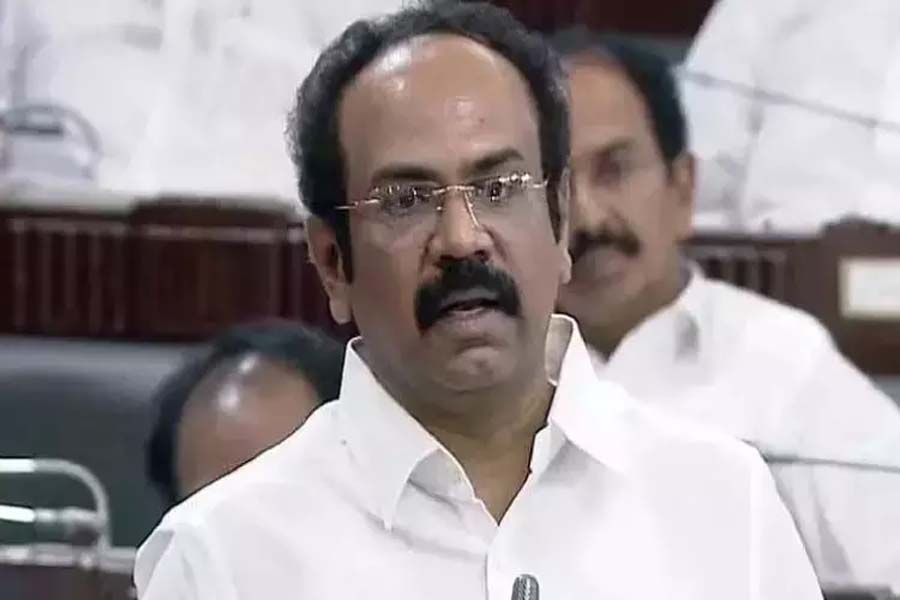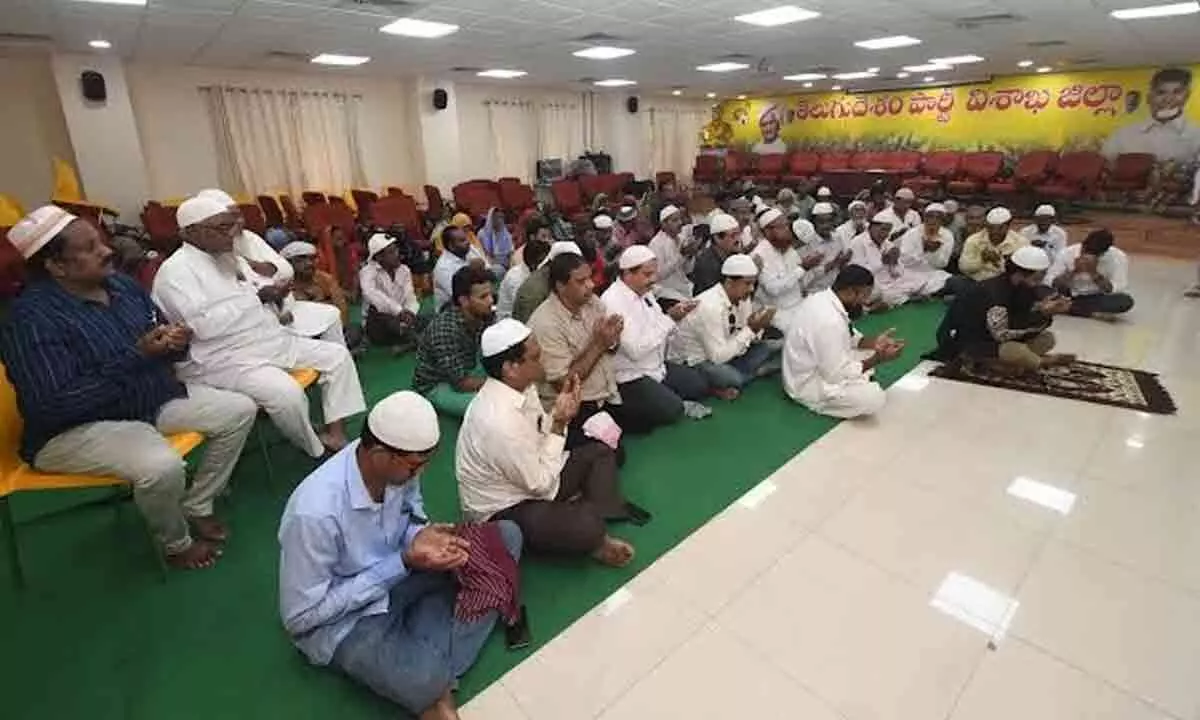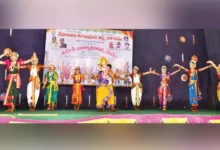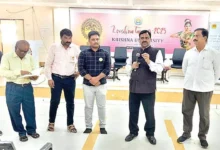No impact on parties’ talks on women’s representation

Bhubaneswar: Six months ago, political parties competed with each other to take credit for the Women’s Reservation Bill, which almost unanimously gave reservation to women on one-third of the seats in the Lok Sabha and state assemblies.
Although this is likely to be implemented in the 2029 elections, women politicians, who had expected good representation in the list of candidates this time too, continue to get a raw deal as parties field them simultaneously for the Assembly and the Lok Sabha. Doesn’t seem so generous in nomination. Assembly elections in Odisha.
If the lists of candidates released so far by the BJD and the BJP are any indication, the BJP has nominated only 20 per cent women (four out of 21 Lok Sabha constituencies). In BJD’s first list of 15 candidates for the Lok Sabha elections, 26 percent are women. The list of Congress candidates has not been released yet.
While the regional outfit has fielded only 16 per cent women candidates in almost half of the 147 assembly constituencies, the BJP and Congress are yet to announce their candidates for the assembly elections. BJD’s first list of 72 candidates for the assembly elections has only 12 women.
The parties may have showered election gifts before the elections or promised to give the moon to women, but when it comes to handing over political power, they appear hesitant. Like many parts of the country, Odisha is deeply entrenched in patriarchal norms that often hinder women’s political participation.
In this election, BJD has given priority to women over their male counterparts to maintain the existing power structure. This may be a strategic decision aimed at consolidating votes rather than promoting gender inclusivity. It has nominated four women instead of their husbands who either won or came second in the 2019 assembly elections.
Also Read – boAt launches first ‘Made in India’ headphones with head-tracking 3D audio, spatial sound
Political analysts said the parties’ reluctance to nominate women highlights the gap between rhetoric and action in promoting gender equality in politics. He said at least the BJD, which launched a nationwide campaign by meeting chief ministers of several states to seek support in favor of the bill, could have set an example by simultaneously nominating 33 per cent women in the elections.
Former state information commissioner and civil society leader Jagadanand said the time has come for political parties to engage in dialogue instead of taking credit for the passage of the reservation bill. “Addressing the underlying reasons behind this reluctance and taking proactive steps to increase women’s representation are important to promote inclusive and representative governance,” she said.
However, political science professor Gyan Ranjan Swain said that women candidates nominated by parties are mostly dynastic. The reservation bill should not promote dynastic politics. Parties should adopt gender-sensitive candidate selection processes that prioritize the inclusion of women candidates at all levels of governance. She said efforts should be made to identify and support capable women leaders within the party.











